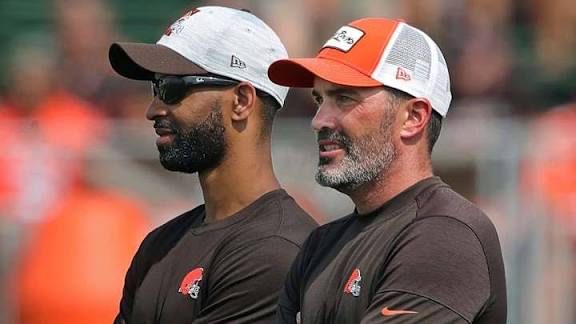One of the most frustrating aspects of playing golf with a few buddies for money is that, depending on the game, some players can be completely irrelevant to what actually happens in the match. Nothing is more infuriating than handing over your hard-earned dollars to somebody who was in the pocket on 16 of the 18 holes.
Fortunately, there are golf betting games that force everybody to contribute. Gone are the days of doing zero work on the group project but getting an equal amount of credit.
Allow us to introduce you to “Vegas,” a game where every shot counts and the money can add up quickly depending on the stakes.
Major, major hat tip to our Senior Equipment Editor and fellow degenerate Mike Johnson for sharing and explaining this game below. I’ll let him take it from here.
Best for: Not for the faint of heart. It can get expensive depending on the stakes. Also, more enjoyable for those with a 15 handicap or lower as big blow-up holes can be costly and birdies are key to winning. A group of four relatively-alike handicaps is ideal. There is no hiding and letting your partner do all the work.
How to play: Vegas is relatively simple. You select a batting order in advance (flip tees, toss balls, whatever). The order stays in place for the first 16 holes but rotates. On the second hole the player hitting second off the first tee is now leadoff and the player hitting first off the first tee goes to the end. It’s a simple rotation. You’ll get the hang of it.
Handicap is 100 percent off the low handicap in the group. Set the stakes for point value in advance. Twenty-five cents a point will rarely result in a beating worse than $30. Fifty cents a point can get interesting. A dollar a point can drain your Venmo wallet. Before I forget, the low point total pays the high point total and the third-place point total pays the second-place finisher.
After teeing off, the two balls furthest left are partners and the two balls furthest right are partners. You then play the hole out. The low score on the team is the first number and the high score on the team is the second number. So, if Team Left goes net 5-5 they have 55. If Team Right goes 4-6, they have 46. The difference means each player on Team Right gets 9 points for that hole.
But here’s the real fun. Natural birdies “flip the bird.” If Team Right goes 3-4 on a par 4, that’s 34. If Team Left goes 4-7, that is flipped to 7-4 and 74, which gives Team Right a healthy 40 points. In other words, if someone is close to the hole, you’re puckering that you don’t blade that upcoming bunker shot. If BOTH players on a team birdie, the total is flipped and doubled! So 3-3 is 33 and 4-7 becomes 74, a 41-point difference that is then doubled to 82 points. Like I said, not for the faint of heart.
Continue this throughout the first 16 holes (so everyone has four tee shots in each slot). After 16 holes the points are totaled. The low man then decides the batting order and whether they would like to double, triple or quadruple the points. The 17th hole is played and the process repeated.
You can also play junk. We provide four points to the team on greenies, birdies, sandies and LDC (long-drive contest where the longest drive in the fairway on par 5s gets four points if they par the hole).
Variations: You can play with three where the player in the middle goes alone and their score is doubled. So, if they make a 5 they’re 55. However, any natural birdie by the lone player is also doubled so a 3 becomes a 33 and leads to a flip and double!
Another popular variation is Newtown (named after the town of Johnson’s club, Rock Ridge CC, is located in). Newtown is basically Vegas but it’s the two balls in the middle that are partners versus the two balls further left and right. I prefer this method because it rewards better ball-striking off the tee. It also means if you’re hitting last you can possibly be partners with any of the other three players. That’s not the case in Vegas, where the player hitting last cannot be partners with the player in the middle.
Additionally, the junk is individual, not team. This is important on the last two holes if you’re chasing but close. You can be partners with someone and still pass them with a birdie or a sandie.
If you have any other exotic games you’d like to introduce to the masses, don’t be afraid to hit me up @EMichaelGW on Twitter/X or my fellow co-worker and gambling guru Chris Powers on Twitter/X @CPowers14.


